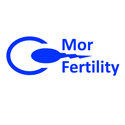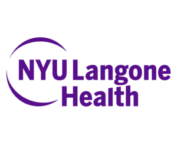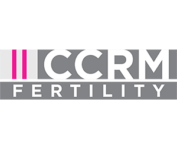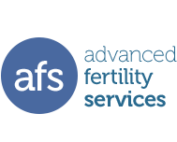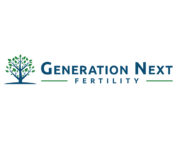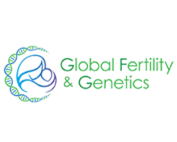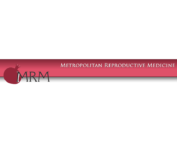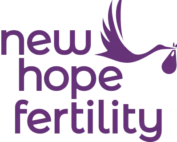How Much is IVF with Genetic Testing in New York?
IVF cycles in New York City start at $7,400 not including medication or genetic testing. Medication costs an average of $4,500 per IVF cycle, which can change based on your prescription protocol. PGT (also known as Preimplantation Genetic Testing) can range from $3,000 to $7,000, and may also have additional costs to transfer the embryos.
Our lowest price all inclusive IVF with Genetic Testing package is $14,150 including IVF, medication, genetic testing, gender selection and FET (frozen embryo transfer) at Mor Fertility. Dr Amir Mor offers free virtual consultations for patients without insurance coverage.
You can use our free platform to compare IVF prices at other clinics across New York City. We recommend adding an additional $10,000 to clinic IVF prices to cover the cost of medication and genetic testing.
What is IVF with Preimplantation Genetic Testing?
Preimplantation genetic testing (PGT) is a procedure used to identify genetic abnormalities in embryos created with in vitro fertilization (IVF). PGT is performed before embryos are transferred to the uterus.
- Preimplantation genetic testing for aneuploidy (PGT-A): This type of PGT screens embryos for certain types of chromosome abnormalities.Human embryos should have 23 pairs of chromosomes in each cell. One chromosome in each pair is contributed by the egg, and the other is contributed by the sperm. It is common for embryos to have random chromosome abnormalities such as a missing or extra chromosome (aneuploidy). These chromosome abnormalities happen by chance and are not typically inherited from a parent or donor. Embryos with aneuploidy are more likely to result in miscarriage or a failed IVF cycle. Less commonly, aneuploidy may result in the birth of a baby with a chromosome condition such as Down syndrome or Turner syndrome.
- Preimplantation genetic testing for monogenic disorders (PGT-M): This type of PGT is performed when a patient has an increased risk for a specific genetic condition to occur in his or her embryos. PGT-M is appropriate when an individual is affected with a genetic condition that could be passed on to his or her children, for women who are carriers for an X-linked condition, or when an individual and their partner or donor are both carriers for the same autosomal recessive condition.
- Preimplantation genetic testing for structural rearrangements (PGT-SR): This type of PGT is performed when a patient or their partner has a rearrangement of their own chromosomes such as a translocation or inversion. A person with a translocation or inversion is at increased risk to produce embryos with missing or extra pieces of chromosomes. Embryos with missing or extra pieces of chromosomes are more likely to result in miscarriage or a child with serious health issues.
PGT-A can be performed for any IVF cycle, but the decision to have this testing is complex and should be made after careful discussion with your physician or genetic counselor. PGT-A is most often considered for patients who have had recurrent pregnancy losses (miscarriages), multiple failed IVF cycles, a prior pregnancy or child with certain chromosome abnormalities, or based on maternal age. However, there is notable controversy about the benefits of PGT-A (see questions 14 and 15).
By contrast, PGT-M and PGT-SR are only performed when the patient, their partner and/or their donor have abnormal genetic test results that put the embryos at increased risk for a genetic disorder. PGT-M is an option for patients with an increased risk for a single gene disorder in their embryos such as cystic fibrosis or sickle cell anemia. PGT-SR is an option for patients who have a chromosome translocation or inversion. PGT-M and PGT-SR allow patients the opportunity to reduce the risk of having an affected child prior to becoming pregnant.






